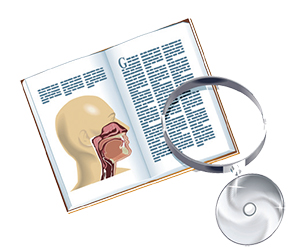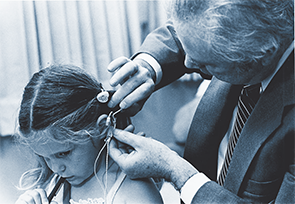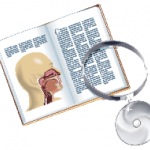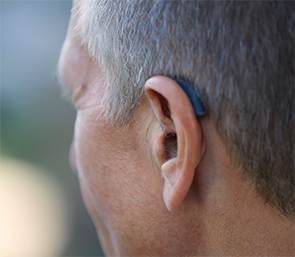Implantation of the poorer ear has raised concerns that the implant could be less beneficial in an auditory system that has been long deprived of stimulation


Implantation of the poorer ear has raised concerns that the implant could be less beneficial in an auditory system that has been long deprived of stimulation
Literature shows a decrease of mean tinnitus questionnaire score after unilateral cochlear implantation; however, there is also a chance of increasing burden of existing tinnitus
Repetitive transcranial magnetic pulses may improve symptoms of tinnitus
The FDA says that the efficacy of certain drugs to treat otitis media, otitis externa, or excessive wax buildup has not been proven, and some have reports of adverse effects

Radiologists Hugh Curtin, MD and Caroline Robson, MBChB discuss indications for both CT and MRI imaging studies in the evaluation and management of otologic disease.

Timeline of pivotal advances in CI technology from 1957 through 2000

Research suggests bilateral implants should be placed simultaneously when feasible

New apps give hearing disabled better control over listening environments without adjusting ear-mounted devices
New studies suggest brain’s neural network including amygdala, reticular formation, and hippocampus involved in tinnitus

Pharmaceutical research on treating inner ear disorders ramps up